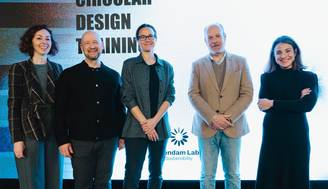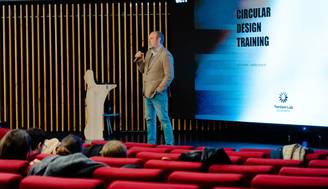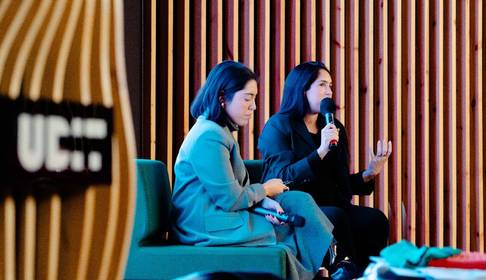Ignacio Sierra
CEO of TENDAMLAB and Corporate General Manager of TENDAM.
With a track record dedicated to the strategic transformation of the international fashion industry, he has been instrumental in redefining corporate processes and implementing social responsibility and communication standards at Tendam since 2000. His leadership in ESG matters has been instrumental in consolidating sustainability as a central axis of the business strategy.




